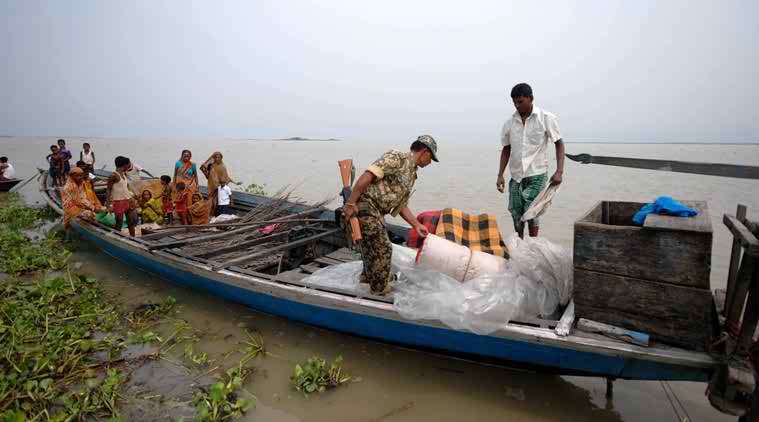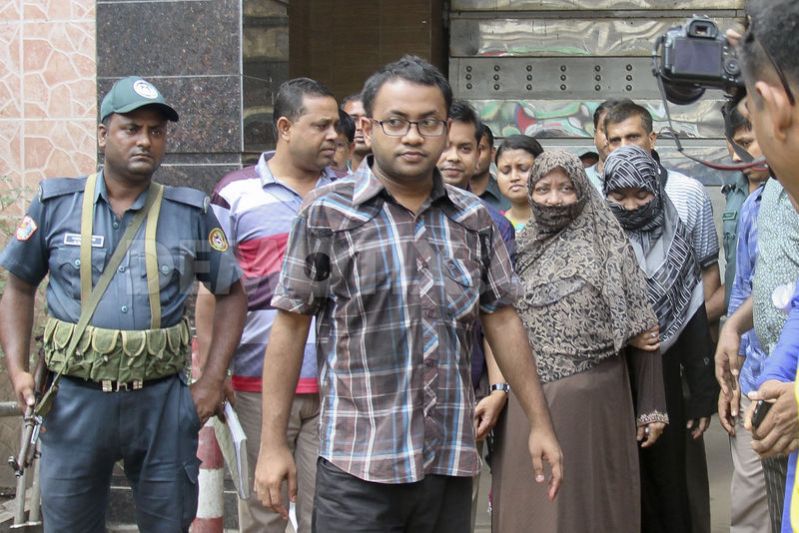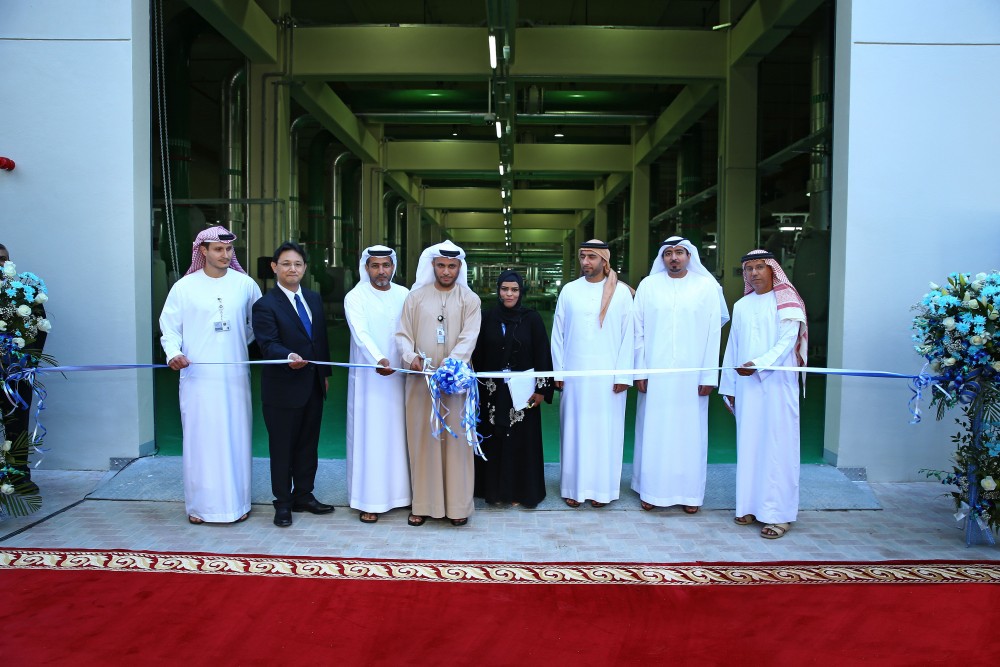
A BSF jawan checking a boat on the open border with Bangladesh on the Brahmaputra in Dhubri district in Assam. #thenewscompany
#thenewscompany – Though Sonowal is still to spell out his top priorities, he has been saying that the BJP was committed to fulfilling the promises that comprised the BJP’s Vision Document for Assam issued instead of a traditional manifesto.
Eleven years ago when the Supreme Court had passed a historic judgment striking down the controversial Illegal Migrants (Determination by Tribunals) Act 1983 – IMDT Act – on a petition filed by Sarbananda Sonowal, the All Assam Students’ Union (AASU) had described him as a ‘jatiya nayak’ – national hero. The apex court had agreed with Sonowal’s contention that the Act was a major hurdle in the detection of illegal Bangladeshi migrants in Assam. As Sonowal takes oath as the 17th chief minister of Assam on Tuesday– and the second tribal in that office – he has a mountain of challenges, both in resolving the state’s long-pending problems, as well as in keeping his allies happy. The BJP does not enjoy a simple majority in the 126-member House; it has 60 seats, while its allies the Asom Gana Parishad (AGP) and the Bodo People’s Front (BPF) hold 14 and 12 seats, respectively, to give the BJP-led alliance its tally of 86.
Though Sonowal is still to spell out his top priorities, he has been saying that the BJP was committed to fulfilling the promises that comprised the BJP’s Vision Document for Assam issued instead of a traditional manifesto before the elections. And, going by that document, his immediate task will be to take some concrete measures on the influx Bangladeshi migrants. A party that has promised to form a government of indigenous people (indirectly hinting that the Congress was a protector of Bangladeshi infiltrators), said that the state government would work closely with the Centre for the “complete sealing” of the Indo-Bangla border. It has also promised a law to “deal sternly” with industries, businesses, small and medium enterprises or any other agencies employing infiltrators.
Assam shares a 263 km international boundary with Bangladesh, and securing approximately 120 km– which is a riverine –is a major challenge. While roughly 40 km of it is in the middle of the Brahmaputra, it has been almost next to impossible to maintain barbed wire fencing in the remaining 80 km due to land erosion and floods. The BJP has also promised to increase BSF deployment along the border, establish a number of model villages comprising ex-servicemen along the Bangla border, evict all suspected Bangladeshis from government land, free land belonging to Vaishnavite monasteries and other religious institutions from occupation by such suspected persons, and ensure total protection to the indigenous communities of the state from the onslaught of Bangladeshis. While the BJP had made these promises in the run-up to the elections, Sonowal had only last weekend reiterated his stand on “total sealing” of the Indo-Bangla boundary. However, the people of Assam still remember Narendra Modi’s announcement during the 2014 Lok Sabha election campaign in which he had said that all Bangladeshis would have to pack up the day he took charge as prime minister so there is some healthy skepticism of Sonowal’s promises. Closely related to the Indo-Bangladesh boundary are the issues of detecting and deporting a large number of Bangladeshis who had illegally entered Assam over the past several decades. While the AASU, AGP, BJP and various other groups claim that the number of such infiltrators could be “several lakhs,” nearly 40,000 persons declared as foreigners by Tribunals and the Guwahati High Court over the past two decades have simply disappeared. Previous Congress-led governments at the Centre and in Assam had dilly-dallied over updating the National Register of Citizens (NRC) in the state and it was only at the insistence of the Modi government that the process has been revived in the last two years. (The NRC is a register containing names of Indian citizens in Assam who appear in the state’s electoral rolls between 1951 and 1971.) While the AASU’s demand has been to detect and deport the Bangladeshi infiltrators, the BJP has chosen to tread carefully in this respect with the Vision Document only saying that the citizenship of every suspected person would be verified in consonance with the updated NRC. While the AGP and BPF don’t differ from the the saffron party’s stand on Bangladeshi infiltration, it is the All Assam Students’ Union (AASU) that will exert maximum pressure on it to detect and then deport Bangladesh migrants. Sonowal, who had earlier served as AASU president before being an AGP MLA and MP, knows well how tough the student body was be when it came to implementing the Assam Accord. In fact, Sonowal will have to keep an eye on the AASU. After all, it was the student body he had once headed that had called him a ‘jatiya nayak.’




































